Strong compliance practices and transparent operations are the foundation of trust in any business. Companies that want to expand and build credibility often face the
Category: Business
When traveling abroad, especially for extended stays or business, one of the most overlooked yet crucial aspects of preparation is ensuring that you can legally

The capacity to develop without increasing expense or complexity is crucial for every growing business. True expansion depends on the architecture that allows an organization
In today’s fast-paced world, where stress and anxiety have become a part of daily life, taking time to prioritize self-care is essential for maintaining physical

Nestled within the heart of the enchanting city of Prague, the Fairmont Golden Prague stands as a beacon of luxury, redefining hospitality with its exquisite
Behind the scenes of professional essay writers lies a dynamic world of creativity, discipline, and meticulous research. These skilled individuals navigate the intricate process of

When we talk about cross selling , we refer to a marketing technique that allows you to motivate customers to buy additional services or products

Starting a small business can be a daunting task. There are many things to consider, from choosing the right business structure and developing a business
